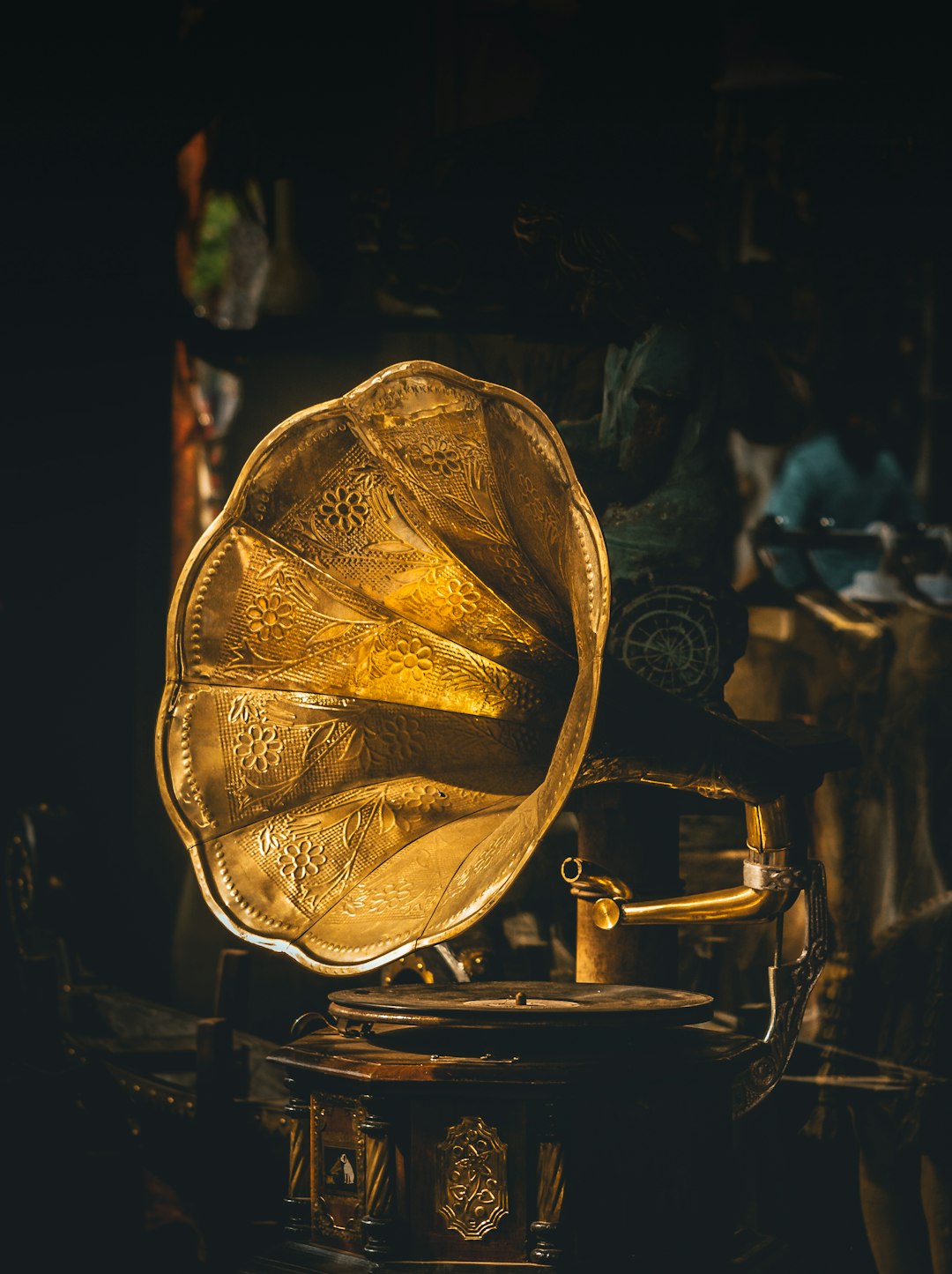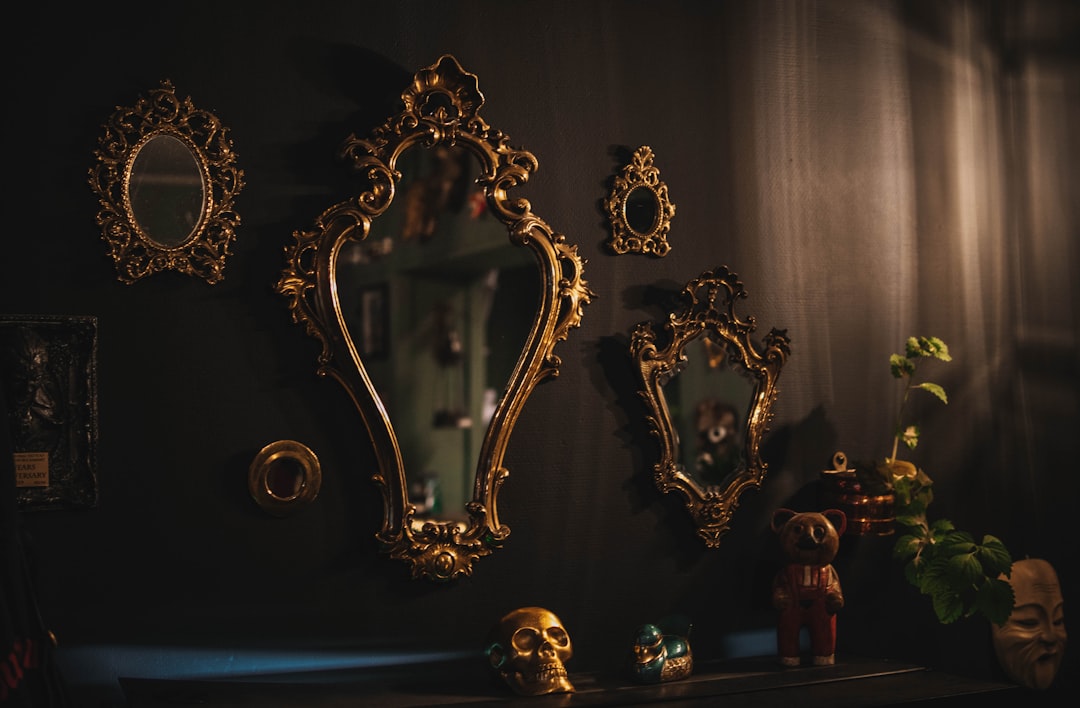Sensitive skin requires careful consideration when choosing jewelry, as traditional metals can cause reactions. London antiques, known for craftsmanship, offer hypoallergenic silver-coated jewelry options, catering to individuals with delicate skin. Sterling silver pieces marked '925' are recommended, with proper care ensuring a safe and stylish experience in the vibrant London antique market.
For those with sensitive skin, finding jewelry that doesn’t cause irritation can be a challenge. This guide explores silver-coated jewelry as a safe and stylish solution. While traditional precious metals often trigger reactions, silver’s unique properties make it an ideal choice. Drawing inspiration from London’s rich antique history, we delve into the benefits of silver-coated pieces, offering a modern twist on timeless styles. From understanding sensitive skin to identifying pure silver, this article equips you with knowledge to embrace hypoallergenic luxury.
Understanding Sensitive Skin and Its Impact on Jewelry

Sensitive skin is a common concern for many, and when it comes to adorning oneself with jewelry, finding pieces that won’t cause irritation can be challenging. For those with delicate or reactive skin, even the most exquisite London antiques may not be suitable due to the materials used in their creation. Traditional jewelry often incorporates metals like gold, silver, or copper, which, while beautiful, can lead to allergic reactions or rashes in sensitive individuals.
The impact of jewelry on sensitive skin varies; some people might experience mild irritation, while others could have more severe reactions. This is because the skin’s natural barrier can be compromised when exposed to certain metals and chemicals present in many modern jewelry pieces. Silver, for instance, is known for its potential to cause dermatitis or skin redness in those with specific sensitivities. As such, choosing jewelry that aligns with one’s skin needs is paramount to ensuring comfort and avoiding unwanted reactions.
The Rise of Silver as a Safe Metal Option

In recent years, there’s been a growing trend towards silver-coated jewelry as a safer alternative for individuals with sensitive skin. This shift comes amid increasing awareness about the potential irritants and allergens present in various metals. Unlike traditional options, silver, when properly coated, offers a hypoallergenic experience, making it an appealing choice for those who’ve experienced reactions to other materials.
The appeal of silver-coated jewelry extends beyond sensitivity, with its timeless elegance and accessibility adding to its popularity. London antiques, known globally for their craftsmanship and variety, contribute significantly to this trend. The city’s rich history in metalwork ensures that silver jewelry, both antique and modern, undergoes rigorous quality control, further enhancing its suitability for sensitive skin.
London Antiques: A Historical Perspective on Silver Jewelry

London, a city renowned for its rich history and cultural heritage, has long been a hub for antique enthusiasts. Among the vast collection of London antiques, silver jewelry holds a special place, especially for those with sensitive skin who seek elegant and hypoallergenic options. The city’s antique markets and galleries are filled with timeless pieces that showcase the artistry and craftsmanship of centuries past.
Silver, known for its luster and malleability, has been a favored metal in jewelry-making for ages. London, as a cultural melting pot, has witnessed the evolution of silverwork, influenced by various artistic movements and cultural exchanges. From the intricate designs of the Victorian era to the sleek minimalism of modern times, London antiques offer a diverse range of silver jewelry styles, ensuring that those with sensitive skin can find pieces that not only suit their aesthetic preferences but also meet their specific needs for comfort and hygiene.
Identifying High-Quality, Pure Silver Jewelry

When shopping for silver-coated jewelry as a solution for sensitive skin, it’s paramount to prioritize high-quality pieces. Authentic, pure silver jewelry is an excellent choice due to its natural properties that make it hypoallergenic. Look for stamps or markings indicating the purity level; in many countries, sterling silver is marked with ‘925’ or ‘.925’, signifying it’s composed of at least 92.5% pure silver. This grade ensures a safer option for sensitive skin.
A reputable source for such jewelry can be London antique stores or established online retailers specializing in fine metalwork. These sources often offer detailed product information, including the origin and purity of materials used. Additionally, their expertise can guide you in identifying genuine, high-quality silver, which is crucial when making an investment piece that will not only enhance your style but also provide a comfortable experience for your skin.
Benefits of Silver-Coated Jewelry for Sensitive Skin

Silver-coated jewelry offers a delightful solution for individuals with sensitive skin who desire to wear stylish accessories. Unlike traditional precious metals, silver is known for its hypoallergenic properties, making it a gentler option for those prone to irritation or allergic reactions. This is especially relevant in the world of London antiques, where craftsmanship and materials of high quality are revered.
The process of coating jewelry with silver provides an extra layer of protection against skin contact, reducing the risk of rashes or itching commonly associated with metal wear. The use of silver-coating ensures that the base metal is not directly exposed to your skin, making it a safe choice for those with even the most delicate complexions. This feature is particularly beneficial when exploring vintage or antique jewelry in London’s thriving market, where unique pieces often come with various material considerations.
How to Care for and Maintain Silver-Coated Jewelry

Caring for silver-coated jewelry is an essential step in ensuring its longevity, especially for those with sensitive skin who want to enjoy its beauty without any adverse reactions. Unlike solid silver, which requires regular polishing and maintenance, silver-coated pieces demand a slightly different approach. Start by storing your jewelry properly; keep it in a cool, dry place away from direct sunlight and moisture. A soft cloth or a dedicated jewelry box is ideal for this purpose, especially when you’re not wearing the piece.
When cleaning, use a mild, water-based soap and warm water to gently wipe down the jewelry. Avoid harsh chemicals and abrasive cloths that can damage the silver coating. For stubborn stains, consider using a specialized silver cleaner or a mixture of baking soda and water, but always test on a small, inconspicuous area first. After cleaning, rinse thoroughly with warm water and pat dry with a soft cloth. To maintain the shine, you can polish your jewelry with a microfiber cloth, similar to how you would with solid silver, but be gentle to avoid any wear and tear. For those seeking a unique London antiques experience, exploring silver-coated jewelry options can offer both style and peace of mind for sensitive skin.
For individuals with sensitive skin, silver-coated jewelry presents a delightful solution. This article has explored the benefits of silver as a safe metal option, its historical significance in London antiques, and how to identify high-quality pure silver pieces. By choosing silver-coated jewelry, you can enjoy the elegance and durability of this timeless metal without the risk of irritation. With proper care, these pieces can last for years, allowing you to indulge in their beauty while keeping your skin happy and healthy.
